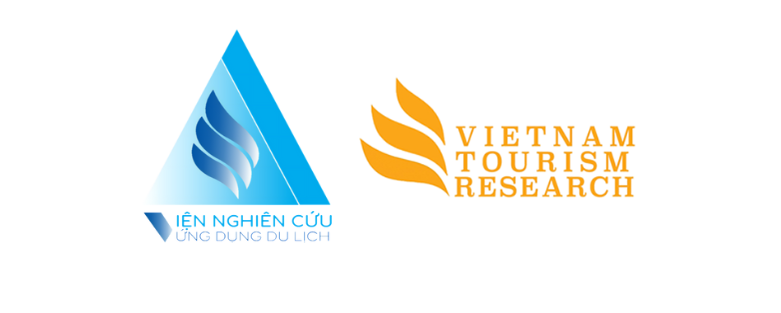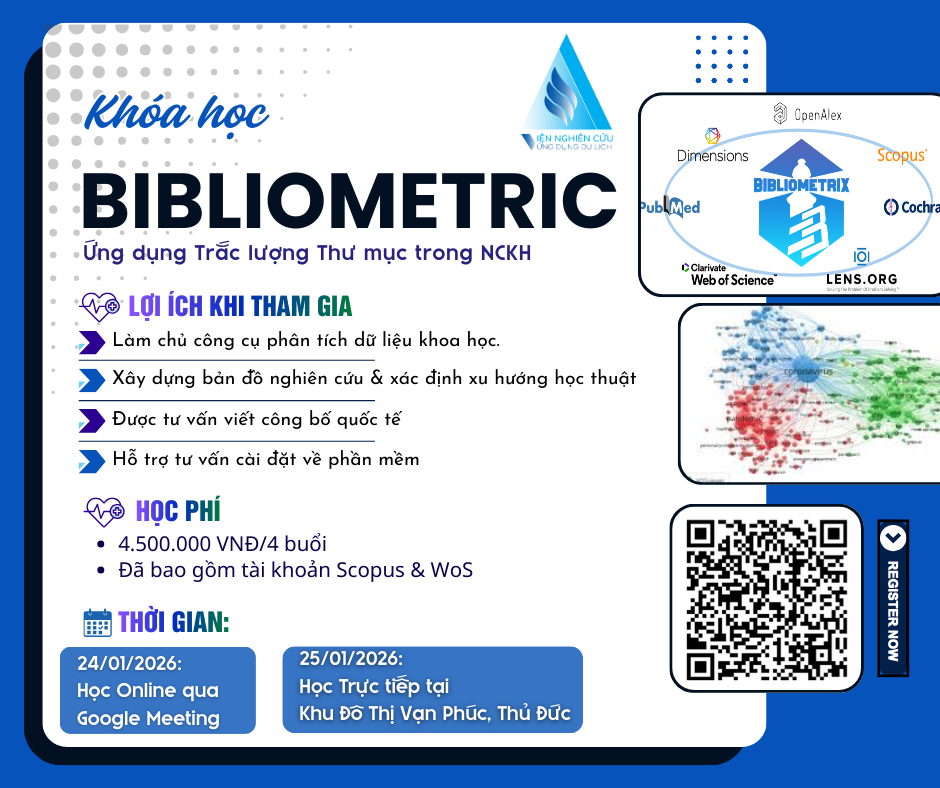This post is also available in:
Tiếng Việt (Vietnamese)
Explore how Africa is reimagining its tourism sector in the post-COVID-19 era through a strong branding strategy, digital transformation, and creative community engagement.
Reimagining the “African Brand”: More than Just a Communication Campaign
The World Tourism Organization (UNWTO) has played a central role in supporting Africa’s tourism recovery in the aftermath of the COVID-19 pandemic through the “African Brand” initiative. This is not merely a communication campaign, but a comprehensive strategy aimed at strengthening Africa’s positioning as an attractive, safe, and sustainable tourism destination.
Key initiatives include:
-
Virtual training with Google and Facebook: Focused on sharing digital promotion know-how, destination branding, storytelling techniques, and data-driven insights.
-
African Gastronomy Publication: Showcasing unique culinary culture, accompanied by webinars inviting local chefs to share value chains from farm to table.
-
#MyAfrica Campaign: Encouraging local communities and travelers to share positive and authentic stories, helping reshape Africa’s image in digital media.
-
Competitiveness Enhancement Toolkit: Providing strategic guidance, best practices, and roadmaps to help destinations enhance their market performance.
The COVID-19 Pandemic – An Unprecedented Shock to African Tourism
No industry was hit harder by the pandemic than tourism. In Africa, the consequences were especially severe:
-
A 74% decline in international arrivals in 2020 (from 70 million to 18 million).
-
Global tourism revenue losses reached USD 1.1 trillion, setting the industry back to 1990s levels.
-
Africa’s economic loss totaled USD 120 billion, directly affecting millions employed in related sectors.
-
Job losses: An estimated 100–120 million global tourism jobs were lost or placed at risk.
-
Slow recovery: Even in 2021, visitor numbers to Africa remained 77% below pre-pandemic levels.
These figures underscore the vulnerability of tourism ecosystems and the urgent need for long-term adaptive strategies.
Facebook – A Digital Launchpad for Africa’s Tourism Industry
In the post-COVID recovery context, digital transformation is no longer optional—it is essential. Facebook has emerged as a key partner, supporting tourism businesses across Africa:
-
SMB Training: A series of workshops to help small and medium enterprises develop digital marketing skills, from ad placement to brand building.
-
Economic growth through connectivity: With over 3.5 billion monthly users, Facebook helps expand reach and increase access to international markets.
-
Shifting consumer behavior: 94% of digital consumers acknowledge that their travel behavior changed post-pandemic, prioritizing safety and flexibility.
-
Localized content support: Facebook assists tourism ministries and local businesses in storytelling using native languages, fostering authenticity and community connection.
A Phased Communication Strategy for Tourism Recovery
Facebook recommends a three-phase communication strategy to support Africa’s tourism recovery:
a. Local Phase
-
Targeting residents within nearby radius.
-
Messaging focused on safety, reconnection, and supporting local businesses.
-
Formats: short videos, relatable and authentic content.
b. Regional Phase
-
Applicable when inter-regional transport resumes.
-
Messages center on rest and family reunions.
-
Leverages influencers to boost credibility and inspiration.
c. National and Global Phase
-
When international borders reopen.
-
Utilizes mixed-media ad formats (video, image, Messenger chatbot).
-
Emphasizes flexible bookings, free cancellation policies, and clear entry regulations.
Personalizing Messaging for Different Traveler Segments
Content strategies must clearly segment target audiences and tailor appropriate messages:
| Audience Segment | Characteristics | Tailored Messaging |
|---|---|---|
| Visitors | Longing for connection | Emphasize safety and meaningful bonding experiences |
| Deal Seekers | Price-sensitive | Attractive offers, flexible refunds/cancellations |
| Bucket Listers | High willingness to pay | Suggest unique and less-crowded destinations |
| Reschedulers | Postponed prior plans | Offer flexibility, transparent safety information |
Data and Tools Provided by UNWTO
UNWTO offers powerful digital tools to enable governments and tourism businesses to make informed decisions:
-
Tourism Recovery Tracker: Monitors real-time data on bookings, accommodation, and flights.
-
Destination Tracker (in collaboration with IATA): Provides up-to-date destination info, testing requirements, quarantine rules, and entry regulations.
-
Expert Surveys: Forecast international tourism recovery between 2023–2024, contingent upon vaccination rates exceeding 75% and the easing of travel restrictions.
Solutions for Small and Medium Tourism Enterprises (SMBs)
While small tourism businesses face many challenges, they also have great opportunities if the right strategies are adopted:
-
Low-budget marketing strategies: Facebook enables testing with minimal budget and real-time performance tracking.
-
Influencer marketing is optional: Can be flexibly combined with traditional tactics.
-
Digital nomad outreach: Campaigns can be tailored based on persona profiling—from device usage to inspirational content needs.
-
Building social media credibility: Focus on high-quality content, genuine engagement, and account verification where necessary.
Rebuilding African Tourism Is a Long-Term Endeavor
The “African Brand” is not a short-term slogan, but a comprehensive mission toward recovery and sustainability. By integrating UNWTO initiatives, the power of platforms like Facebook, and grassroots innovation, Africa has the opportunity to rise as a global destination in the post-pandemic era.
Tourism businesses must proactively embrace digital transformation, reframe messaging, understand new consumer behaviors, and deepen partnerships with tech platforms to achieve sustainable growth.










